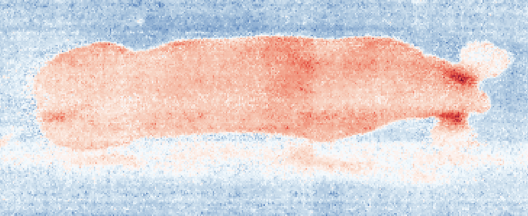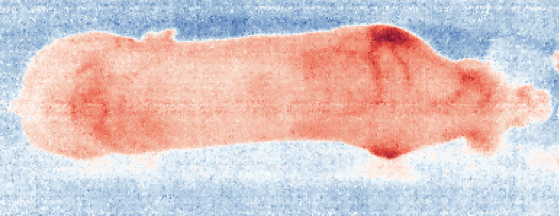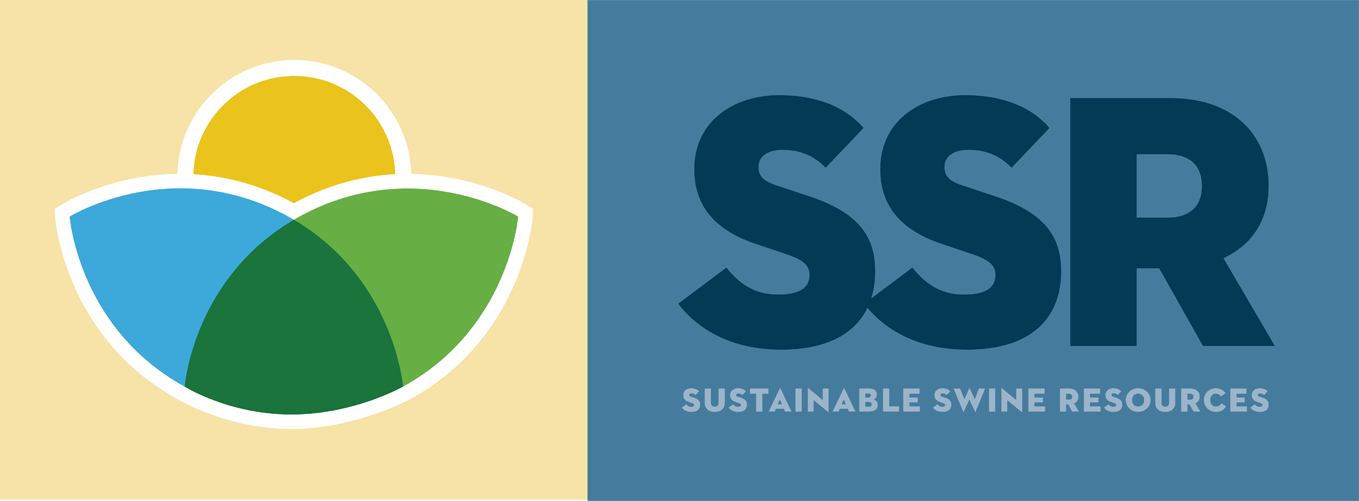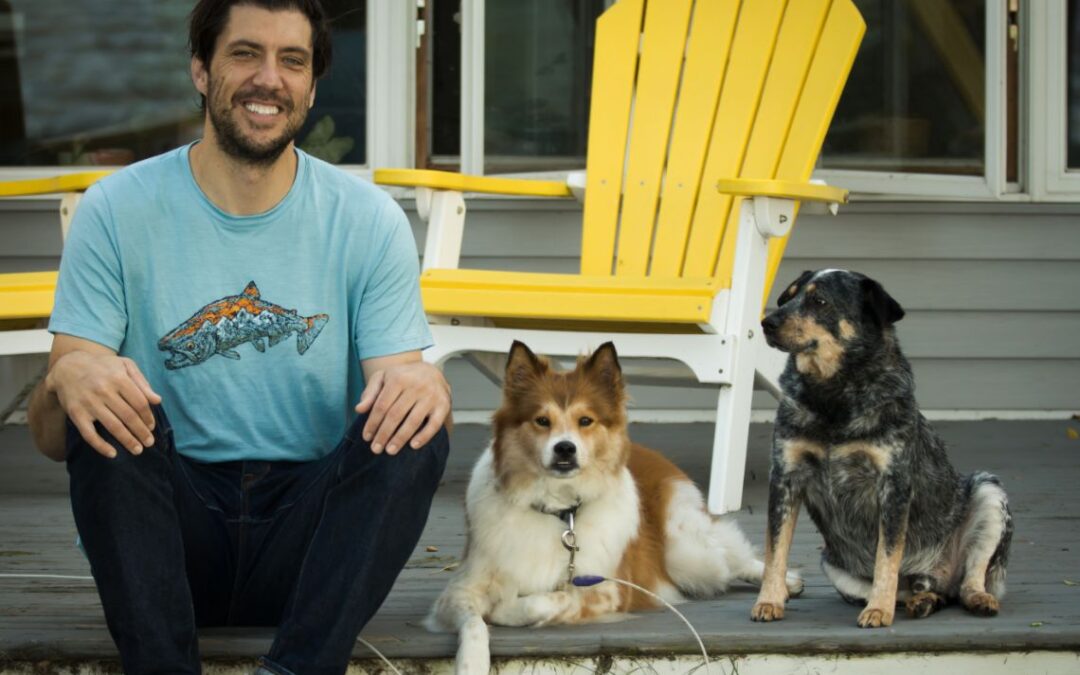Interview with Director of Animal Welfare – Johnsonville – Ben Peyer Part II
This is the third and final installment in our Q&A series with Johnsonville’s Director of Animal Welfare, Ben Peyer. In Part III, we talk to Ben about the work Johnsonville is doing to improve animal welfare, and what that work means for customers of SSR.
Q: How is animal well-being addressed in the harvesting of porcine tissues?
A: Some of our SSR customers have specific requirements for how those animals are to be raised, their genetic makeup, what they’re fed, and what veterinary care they’re given. The SSR team diligently makes sure those requirements are met.
I wrote in Part I of this series that “all animals are within the scope of our moral concern.” It follows that, other than customer-driven provenance requirements, we don’t treat any animals differently based on where they end up or what channel they are sold through.
Q: What are ways that Johnsonville is working to improve animals’ subjective experiences?
A: Our ability to improve the lives of animals comes down to information and incentives. What information does Johnsonville have that can help our upstream supply partners do better? How do current incentive systems impact animal care, and how can we tweak these incentives to send animal-centric market signals? Information and incentives are both levers we can use, separately or together, to improve the lives that our animals lead. The information to which we have access is orders of magnitude more interesting and helpful than what the industry has historically asked us to share, and we’re exploiting this realization to create better processes to care for animals.
Much of our day-to-day attention gets paid to helping our suppliers manage transportation of animals from their facilities to ours. Safe animal transport requires planning, diligence, and attention to detail. Through a combination of internal collaboration and communication, building tools that allow our members to work directly with suppliers to avoid potentially dangerous weather, and comprehensive performance reporting to our suppliers, we’ve built a process that our suppliers tell us is the best in the industry.
Another nice example is our work to use thermal and spatial cameras in our harvest plants to develop a comprehensive understanding of the condition of each animal that comes to our facilities. The meatpacking industry has, in recent years, clocked that most extant welfare issues caused on the farm can be efficiently identified and accounted for at the abattoir¹.
¹ Temple Grandin wrote a good overview, available here https://doi.org/10.1016/j.meatsci.2017.05.004



(In order, thermal images of: sow in pristine condition, sow with moderate-grade shoulder sores, two sows with abscesses, one of which would be considered severe.)
Johnsonville recently completed the first generation of a set of models that use machine-learning algorithms to identify animals with poor body condition, acute conditions like shoulder sores and abscesses, and fevers cause by systemic illnesses. We will soon begin to share summary animal condition information with our suppliers. Being able to identify welfare trends according to where the animals originated will be a first for the industry and will allow us to help our suppliers improve animal care quickly and efficiently.
Q: How does Johnsonville collaborate with researchers and industry-wide groups across AW topics?
A: We have a strong culture of academic and industry collaboration across functions at Johnsonville, and I like to think that our Animal Welfare team is a leading example. Often it’s as simple as making connections between our suppliers and researchers. Occasionally, however, we get the chance to take part in work that has the potential to improve the lives of farm animals everywhere.The structure of our industry is such that we don’t always know where or how animals were raised. We’re often left with whatever we can figure out at our plants; I talked above about our work to account for existing animal condition problems, but that leaves us blind to entire categories of potential welfare issues. What we need – really, what animal agriculture in general needs – is an indication of lifetime well-being that can be measured at our plants. In 2017, we started a four-year academic research study with Dr. Thomas Parsons and his team at the University of Pennsylvania titled “Telomere length as a novel indicator of sow welfare”, focused on telomeres as biomarkers of lifetime well-being.
Telomeres are structures at the ends of DNA that help with cell replication. They start off a certain length, and get shorter as an animal ages and experiences stress. Crucially, we know from studies on people that both objective stressors (like injury or disease) and subjective stressors (like loneliness or sadness) cause telomere attrition. Dr. Parsons’ work started with some basic questions about how best to measure pig telomeres and whether pig telomeres are long enough to encode welfare states. For the last phase of the study, Dr. Parsons recruited another leading welfare scientist, Dr. Sanne Roelofs, to lead the work that tracks sow welfare using behavioral measures and correlates those measures, along with other data like sow health, with telomere length.
Results of Dr. Parsons’ and Dr. Roelofs’ study aren’t yet available – and science is unpredictable by nature – but we are hopeful that we’ve started the industry down a path that ends at objective measures of lifetime well-being for pigs and other farm animals. Such measures would allow companies like Johnsonville to incorporate lifetime well-being into every purchasing decision, and to help those who raise animals do better for those animals. Crucially, work like this could allow the industry to build deep and lasting trust with consumers and the public. Johnsonville is, and should be, very proud of its decision to lead the industry forward in this way. Trust is earned through transparency and demonstrated shared values. Being on the vanguard of such a shift in an otherwise closed industry is a manifest commitment to earning that trust.
Let's Collaborate
With SSR and Johnsonville LLC, we offer flexible partnership options. Let's explore how we can work together to achieve your goals.


